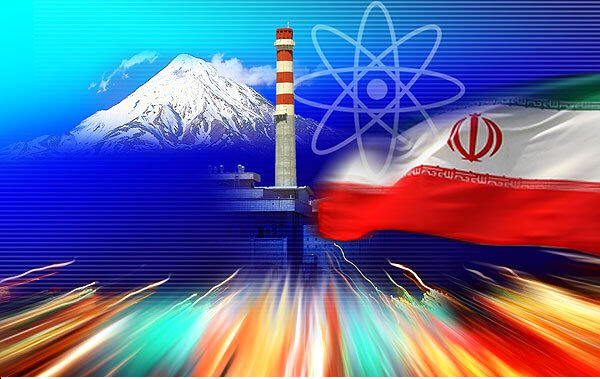ID :
346277
Thu, 10/30/2014 - 15:30
Auther :
Shortlink :
https://oananews.org//node/346277
The shortlink copeid
AEOI confirms sabotage on Iran's nuclear-related storage tanks

Tehran, Iran, Oct. 30
By Dalga Khatinoglu – Trend:
A source at Iran's Atomic Energy Organization of Iran (AEOI) confirmed that a sabotage attempt on the heavy water storage tanks has been revealed.
Heavy water is not an radioactive material, bur sensitive as an essential feed for the nuclear reactors.
An AEOI official told Trend anonymously on Oct.30 that a sabotage attempt was detected on several heavy water storage tanks, recently purchased by Iran.
The official said no one has been arrested following the sabotage attempts, however Iran believes West is behind the issue. He didn't provide further information.
Arman Daily reported on Oct. 29, quoting Asghar Zarean, deputy head of Iran’s Atomic Energy Organization (AEOI) on issues of nuclear facilities' protection and security that Iran has foiled a sabotage attempts on heavy water tanks.
Previously, Zarean's statement was not confirmed by any Iranian state media outlets.
On March 17 Zarean said that several operations were performed mechanically at some pumps of the Arak IR-40 site's second circuit to disrupt the plant's process.
IR-40 is a 40 megawatt heavy water reactor which is being constructed in the Iranian central city of Arak. Iran decided to build the heavy water reactor in the mid-1990s. Arak IR-40 is designed to run on uranium oxide fuel produced at the Esfahan conversion and fuel fabrication facilities.
Iran claims the sabotage attempts occurred amid the ongoing negotiations regarding the Islamic Republic's nuclear program.
The P5+1 (five permanent members of the UN Security Council and Germany) is preparing to hold the next round of negotiations with Iran to reach a comprehensive nuclear deal until Nov.24. The time for next talks hasn't been scheduled yet.
Iran and the P5+1 held their latest round of talks in Vienna in mid-October to work out a final agreement aimed at ending the long-standing dispute over Tehran’s nuclear program.
Last November, the two sides clinched an interim nuclear accord, which took effect on Jan. 20 and expired six months later. However, the parties agreed to extend their talks until Nov. 24 as they remained divided on a number of key issues.
Follow us on Twitter @TRENDNewsAgency





